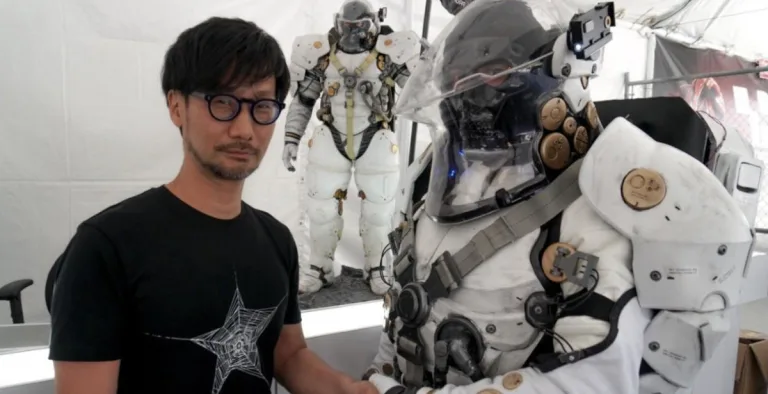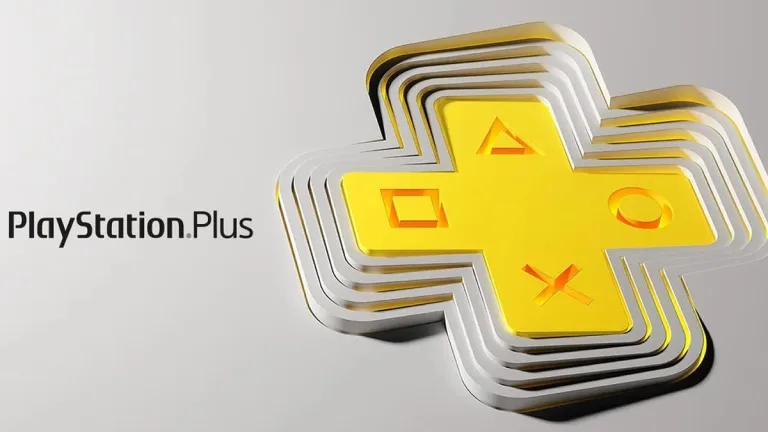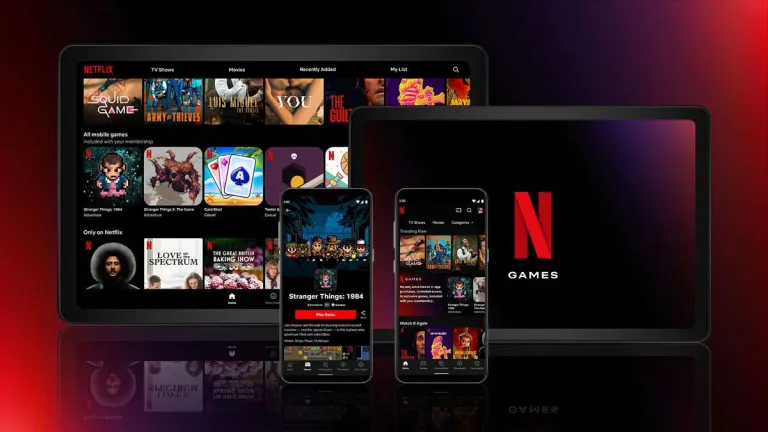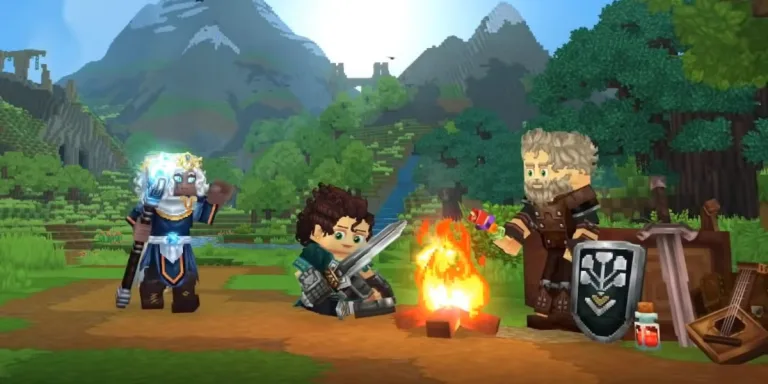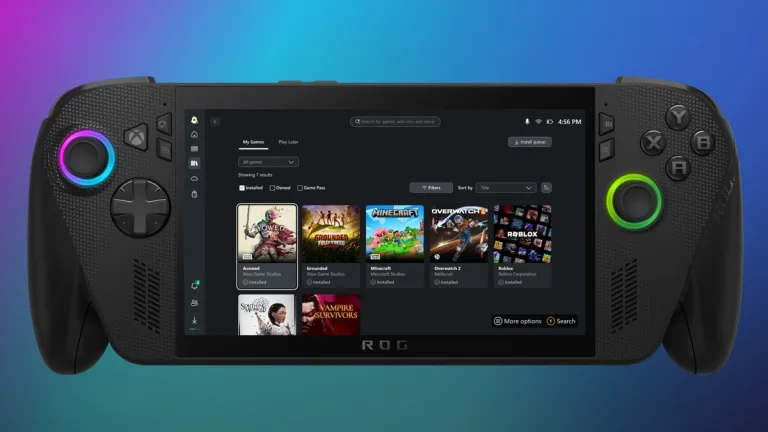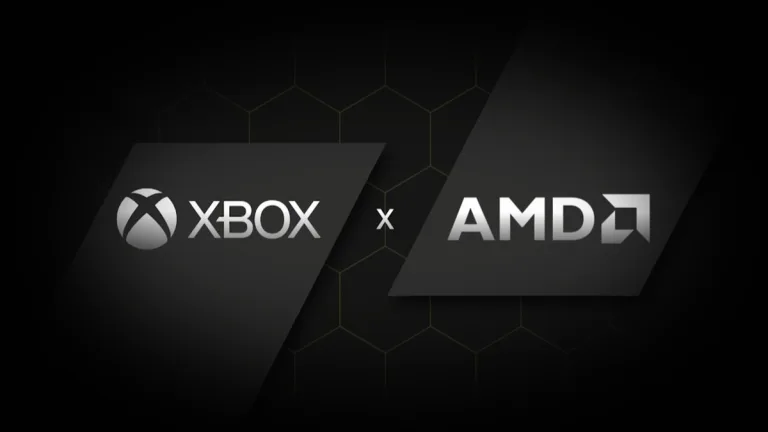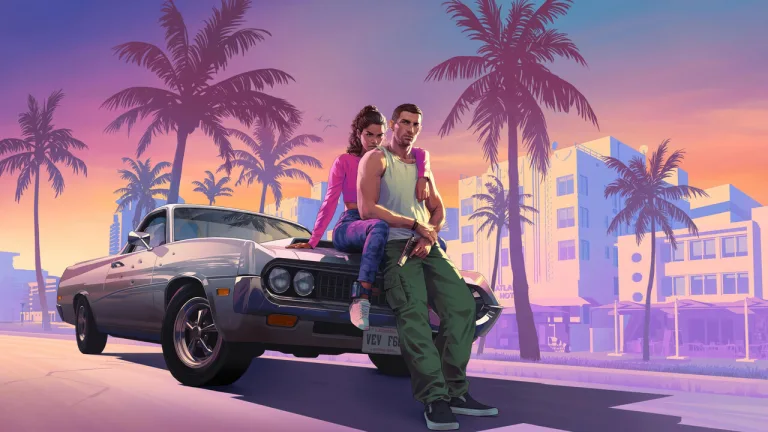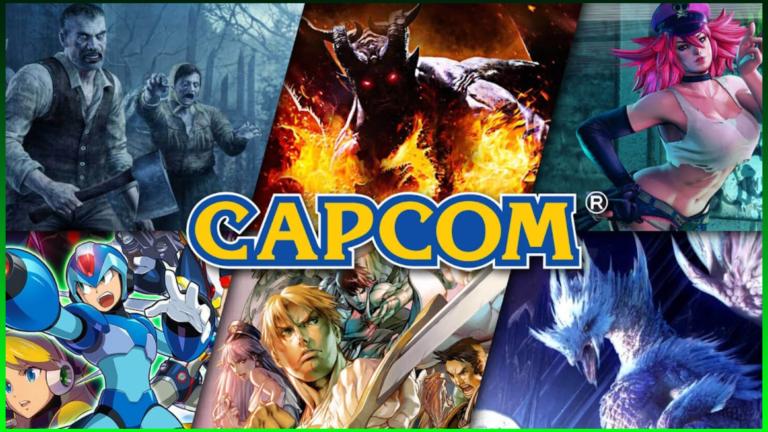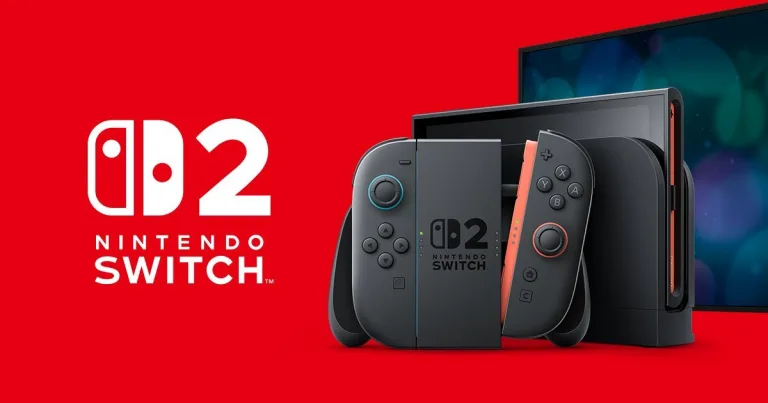The legendary auteur behind Metal Gear Solid and Death Stranding has set his sights beyond Earth’s horizon....
Industry
For years, Xbox Game Pass has redefined subscriptions by offering every new first-party title on day one....
Netflix’s push into mobile gaming promised a laid-back way to play premium titles on the couch or...
On June 23, 2025, Riot Games stunned the gaming world by announcing the cancellation of Hytale and...
In a week already brimming with gaming news, Xbox has dropped two announcements that signal its evolving...
Twenty years ago, Microsoft and AMD embarked on a journey that would redefine console gaming. From the...
In the world of gaming, few titles carry the weight and anticipation of Grand Theft Auto VI....
Capcom just clocked its fourth consecutive year of record‐breaking earnings, and two surprisingly “small” line items did...
The gaming industry is no stranger to upheaval, and Sony Bend Studio—the team behind Days Gone—is the...
Forget “solid launch.” Switch 2 is dropping numbers that belong in Olympic track meets, not console sales...


